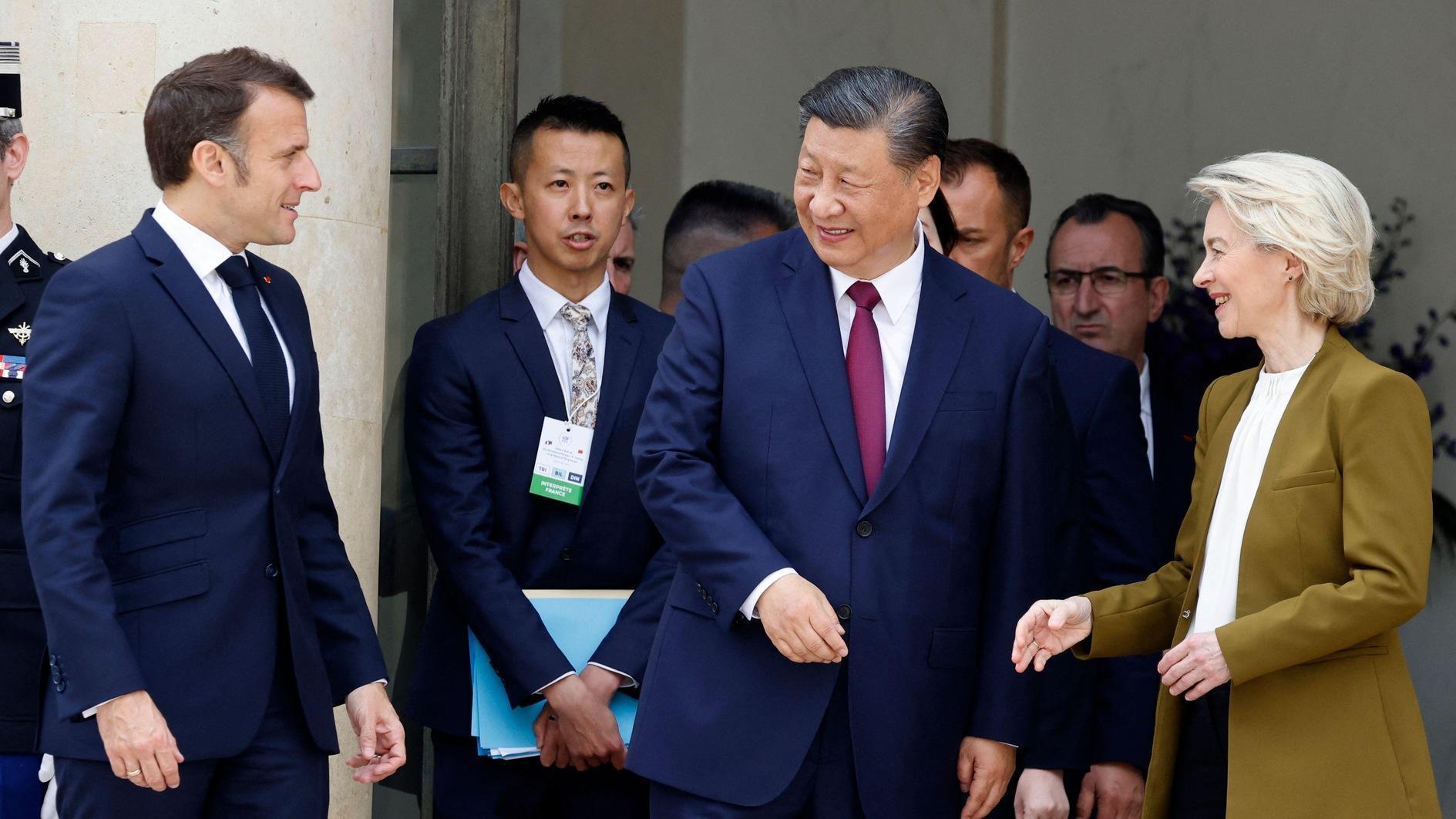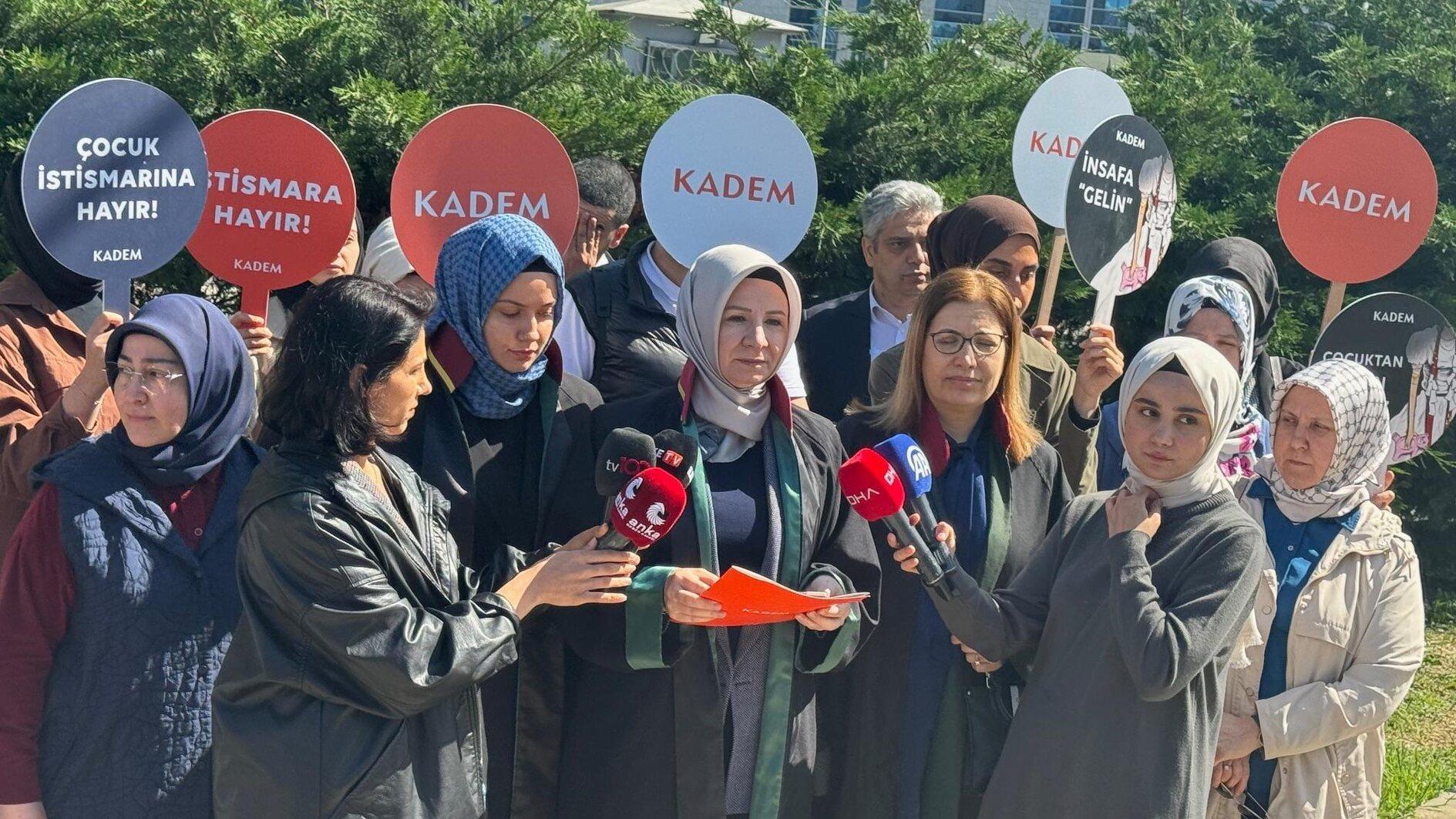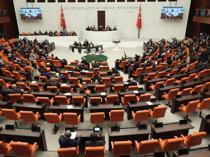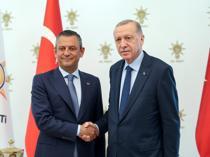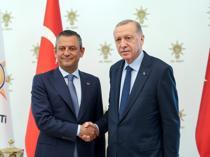CHP presses Gül to veto tenure bill
ANKARA

President Abdullah Gül was elected by Parliament for a single seven-year term in August 2007. AA photo
The Republican People’s Party (CHP) piled pressure on President Abdullah Gül yesterday to veto a bill fixing his term at seven years, while reserving its option to ask the Constitutional Court to scrap the legislation.“We have to wait for the decision of the president. It’s not right for us to take immediate action,” CHP deputy group chairman Akif Hamzaçebi told reporters.
He acknowledged that Gül was left in an awkward position to decide the fate of a bill directly concerning his career, but argued that protecting the Constitution was the president’s foremost duty.
“The president must overcome his concerns. It is a constitutional matter. He must definitely return the bill to Parliament,” Hamzaçebi said.
After Parliament passed the bill last week, Gül had said it was up to the CHP to go to the Constitutional Court if it wanted to see the legislation blocked.
Hopes for veto
The CHP’s other deputy group chair, Emine Ülke Tarhan, sounded less optimistic that Gül might veto the bill, as she argued that it had been drafted as part of a power-sharing agreement between the president and Prime Minister Recep Tayyip Erdoğan, who is widely believed to be planning to succeed Gül in 2014. “It’s obvious they drew up that bill together. They have shared the country’s future between themselves, just like Putin and Medvedev,” Tarhan said, referring to Russia’s prime minister and president.
The Nationalist Movement Party (MHP) also maintained its objection to the bill, claiming that the Justice and Development Party’s (AKP) resolve to press ahead with the legislation was no different from a military coup abrogating the Constitution.
“For whom is the Constitution binding? It’s obvious that it’s not binding on the AKP. They have made a coup d’etat that abrogated the Constitution by a show of hands, by the way of their [parliamentary] majority,” MHP deputy group chair, Oktay Vural, said.
Gül was elected for a single seven-year term in 2007, but under charter amendments approved at a referendum shortly afterwards, presidents became entitled to once-renewable, five-year terms. The opposition argues the amendments are binding for Gül, while the AKP said that they cannot be implemented retroactively to shorten his original tenure.


